Jump To: Best used sedans | Best used hatchbacks | Best used coupes | Best used wagons | Best used SUVs | Best used luxury SUVs | Best used minivans
The best used car is one that meets your needs without exceeding your budget. In fact, choosing the right pre-owned vehicle is a way to get almost all of the benefits of something brand-new, but at a big discount. Whether you're looking for a used sedan, used pickup truck, or even a used electric vehicle, we're here to help. Check out our list of the best used cars you can buy in 2025. And if you're looking for something reliable on a budget, be sure to check out our list of the most dependable used cars under $15,000.
Best used sedans
Looking for a vehicle that's budget-friendly, offers impressive fuel economy, and handles better than an SUV? You should take a look at a sedan. While the humble four-door may seem like it's going extinct, it's a great choice if you're trying to save some money or if you value nimbleness over ride height.
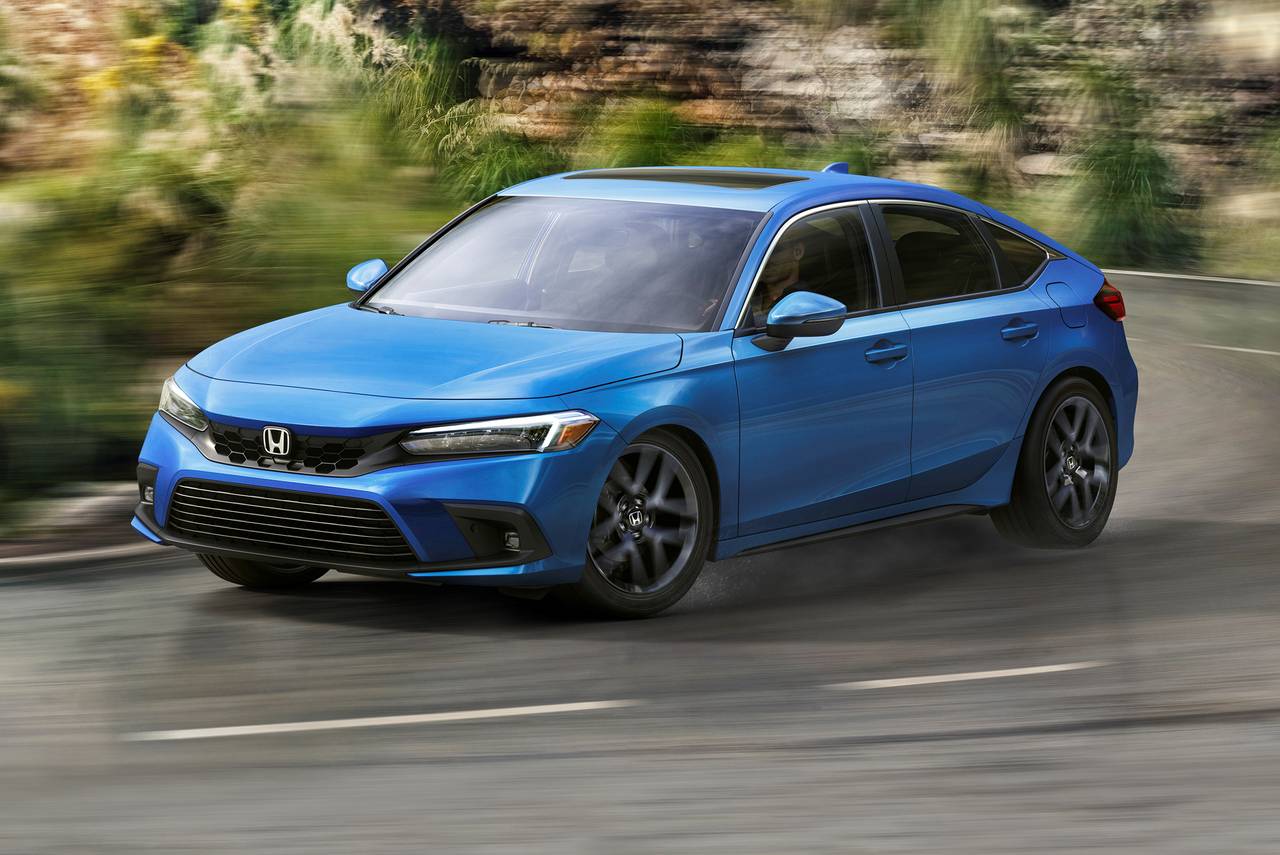
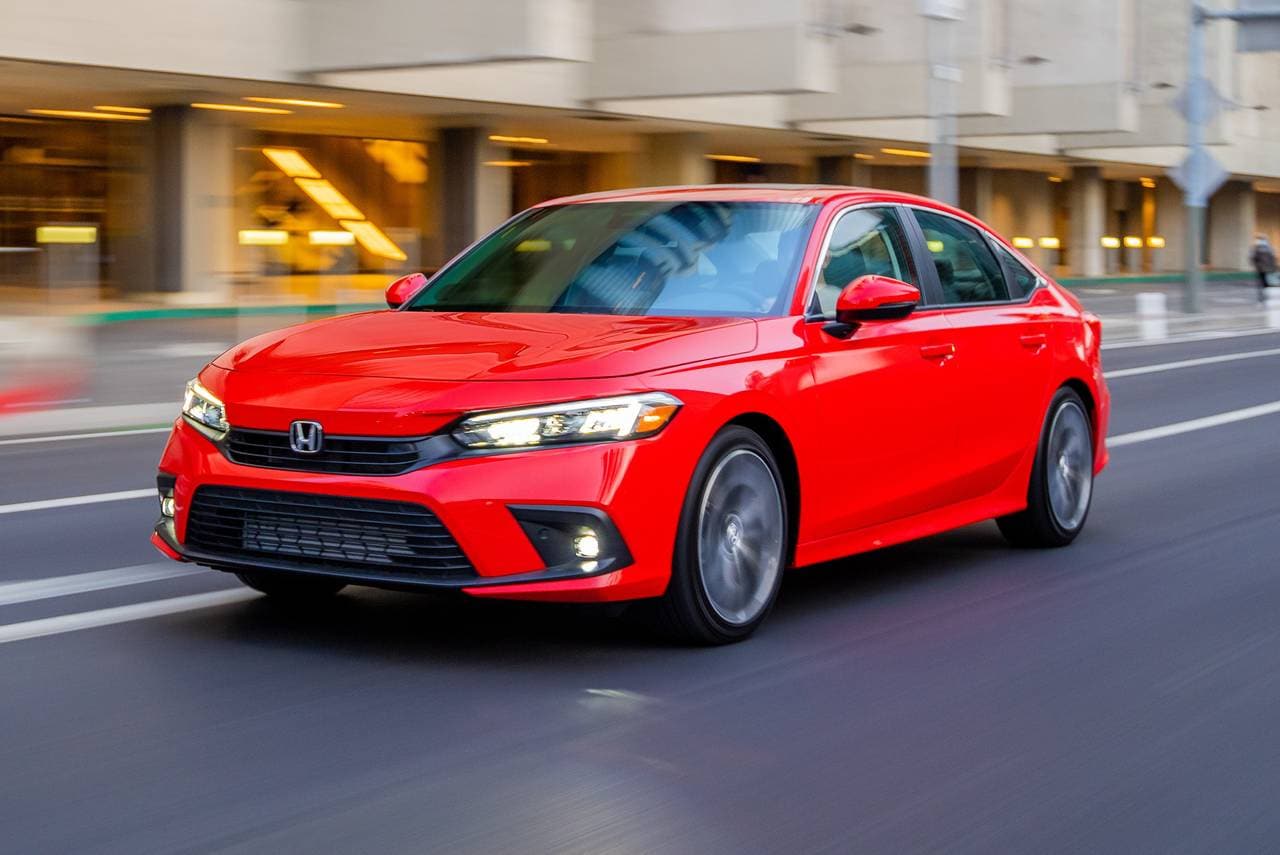
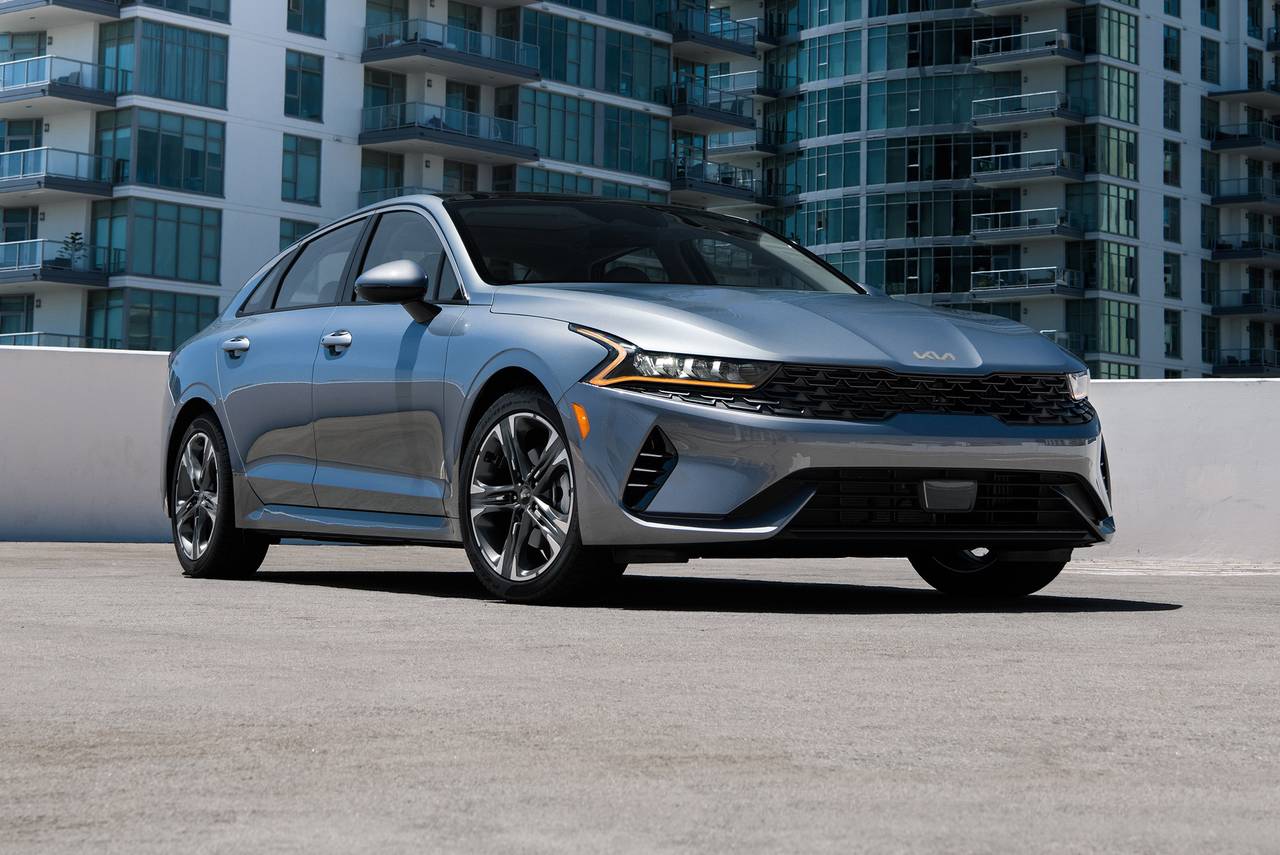
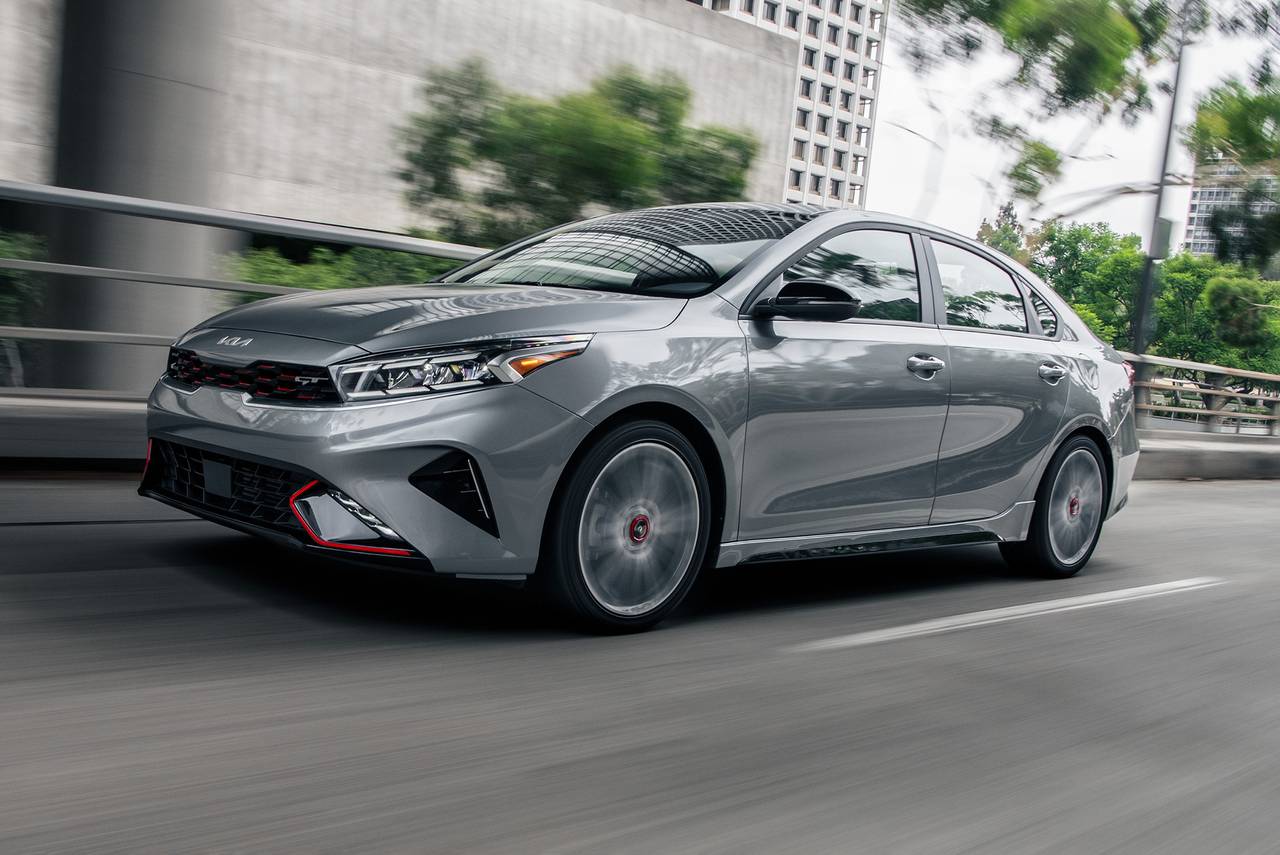
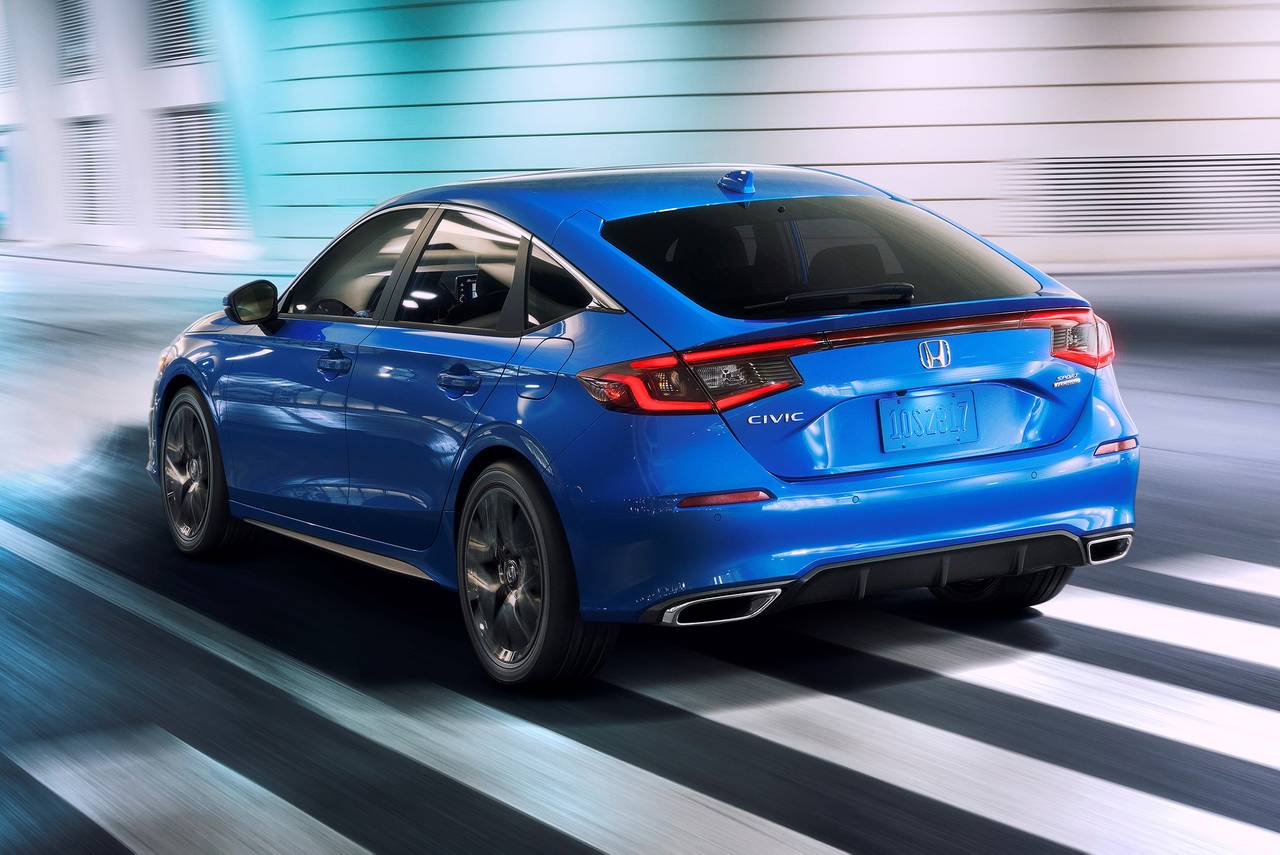
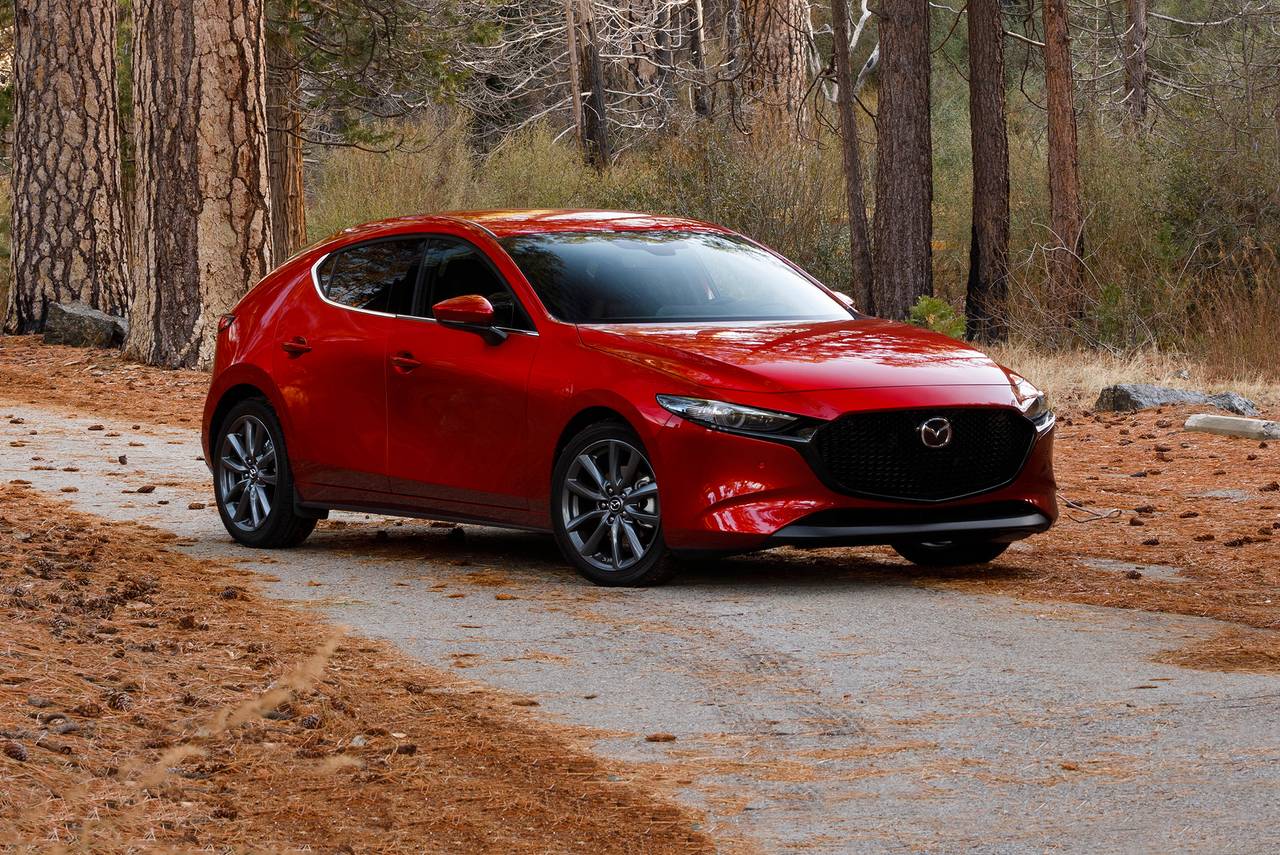
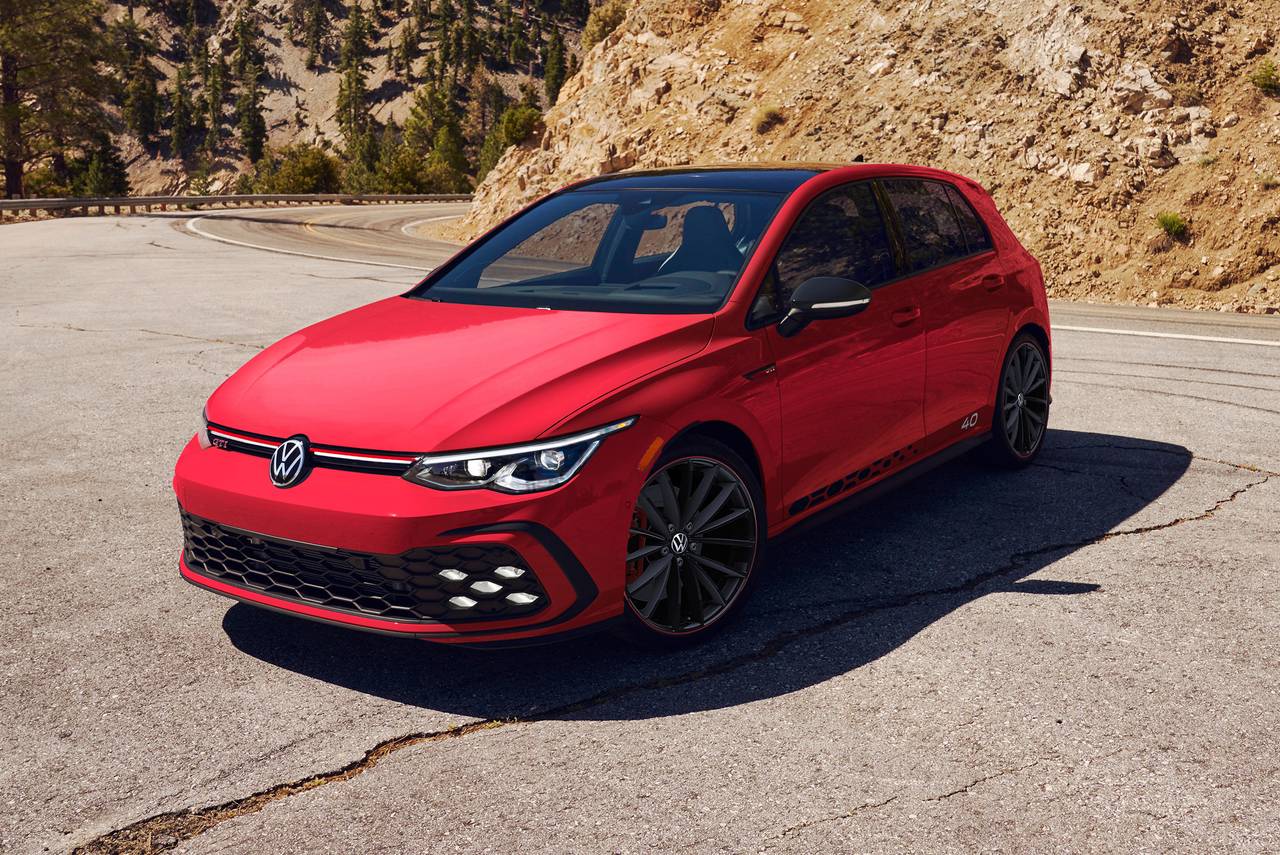

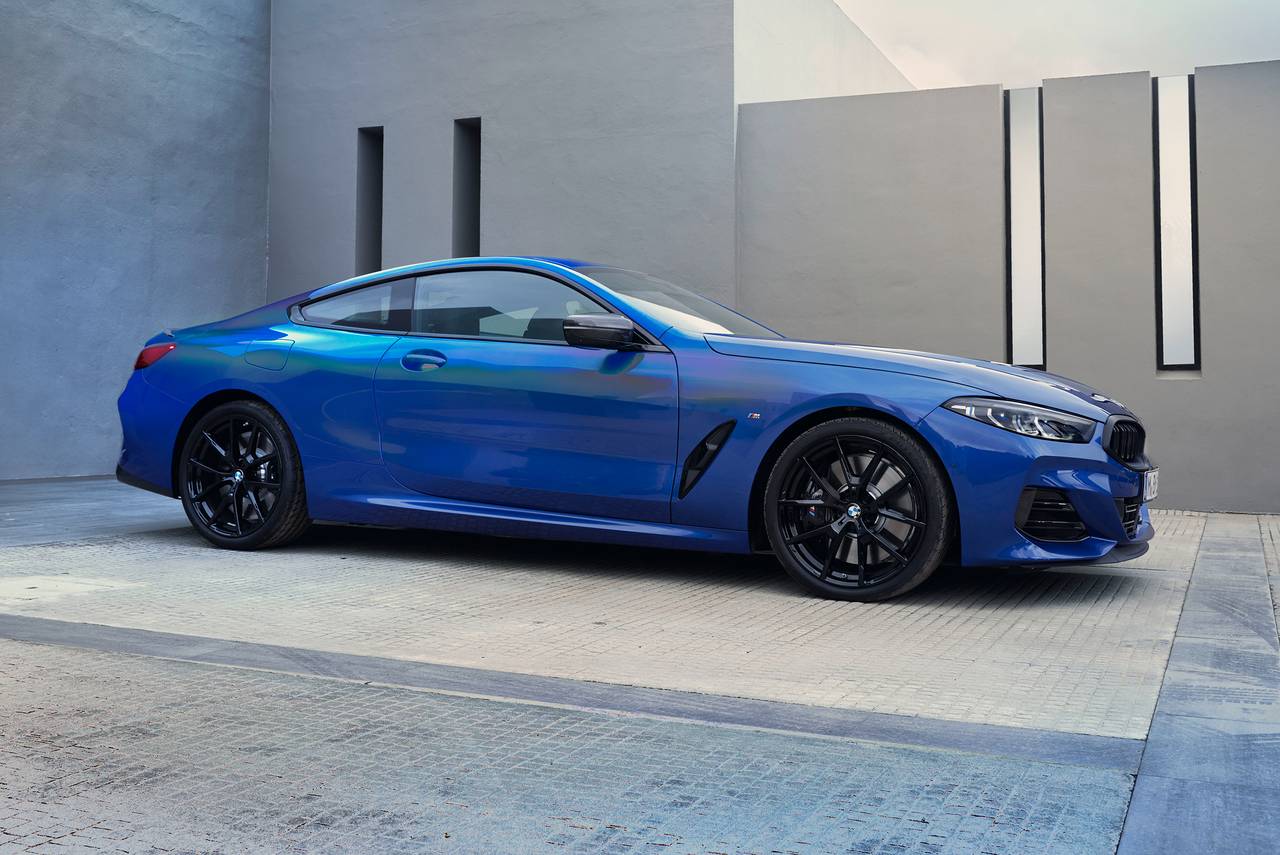


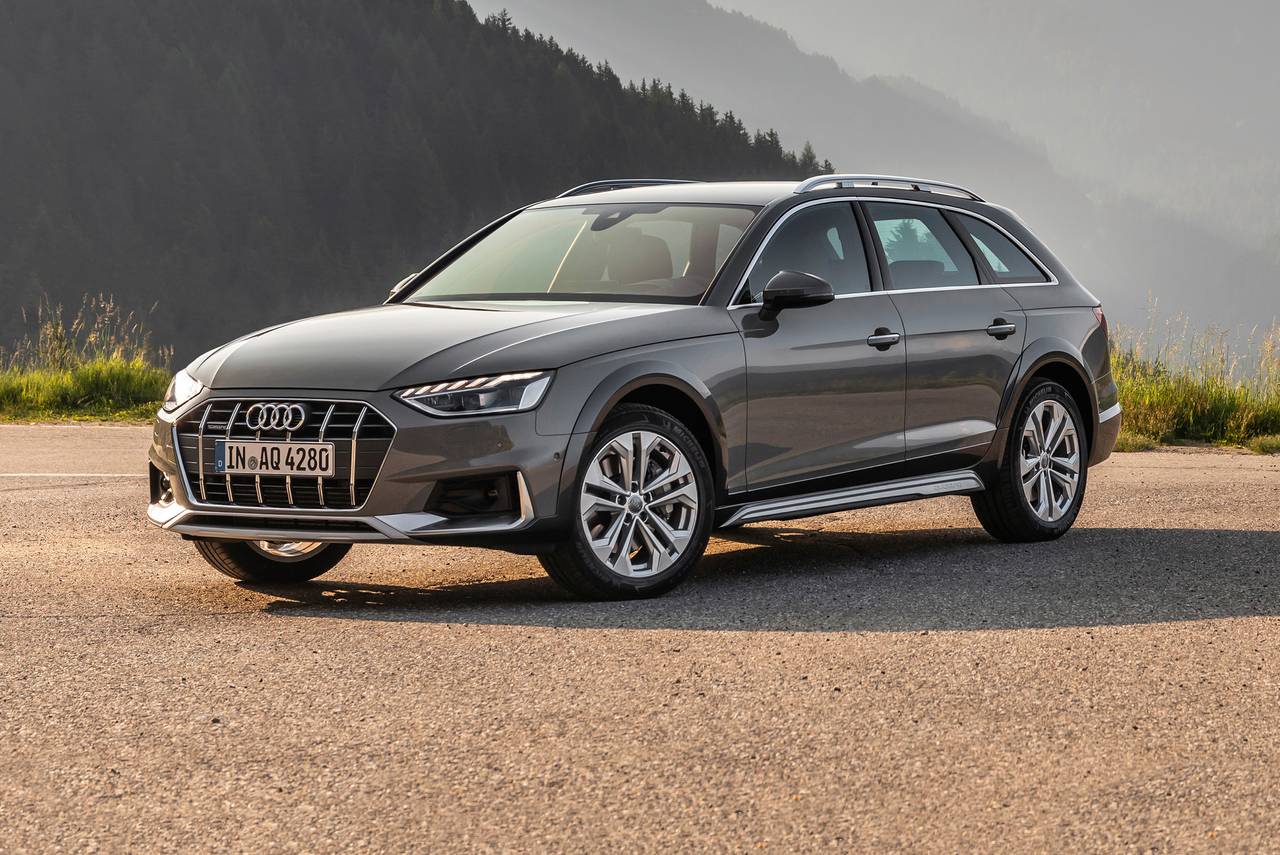
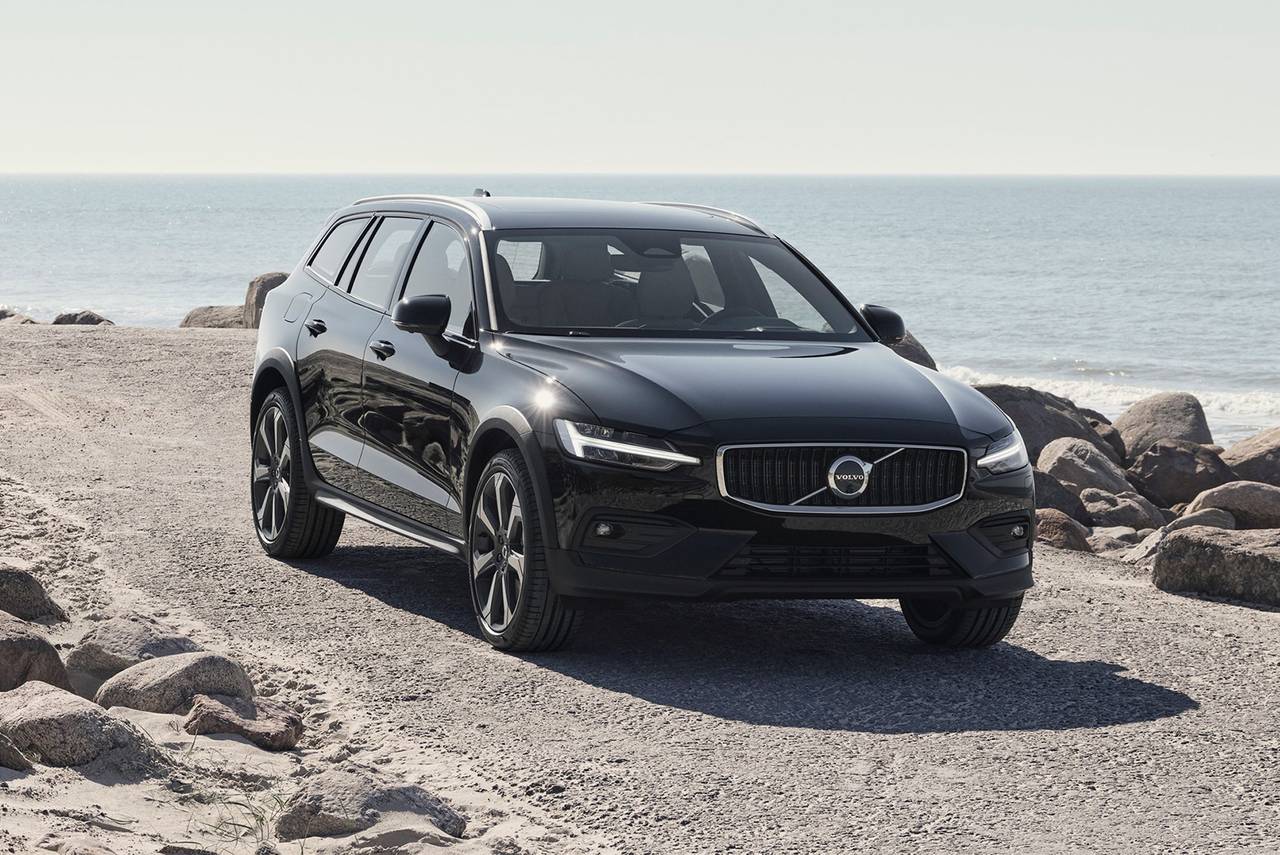
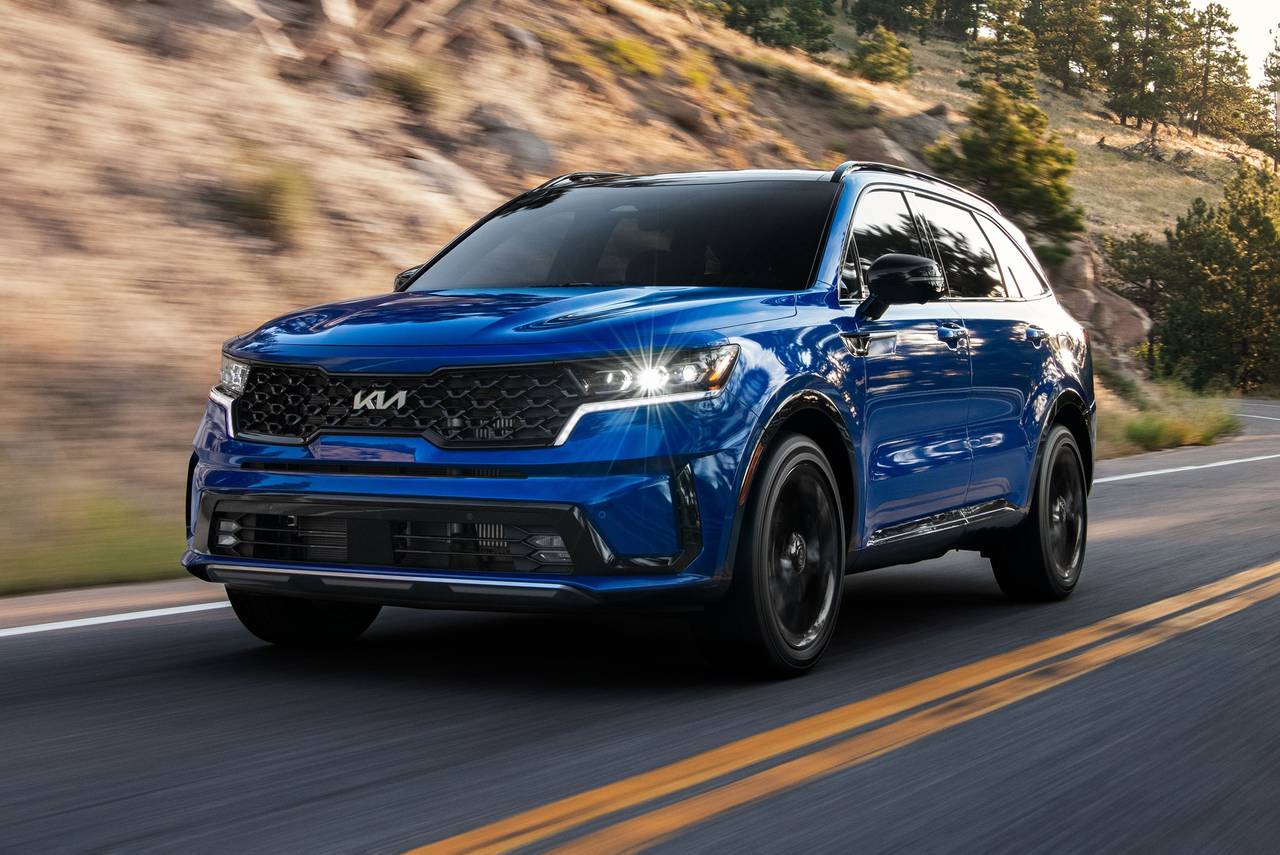
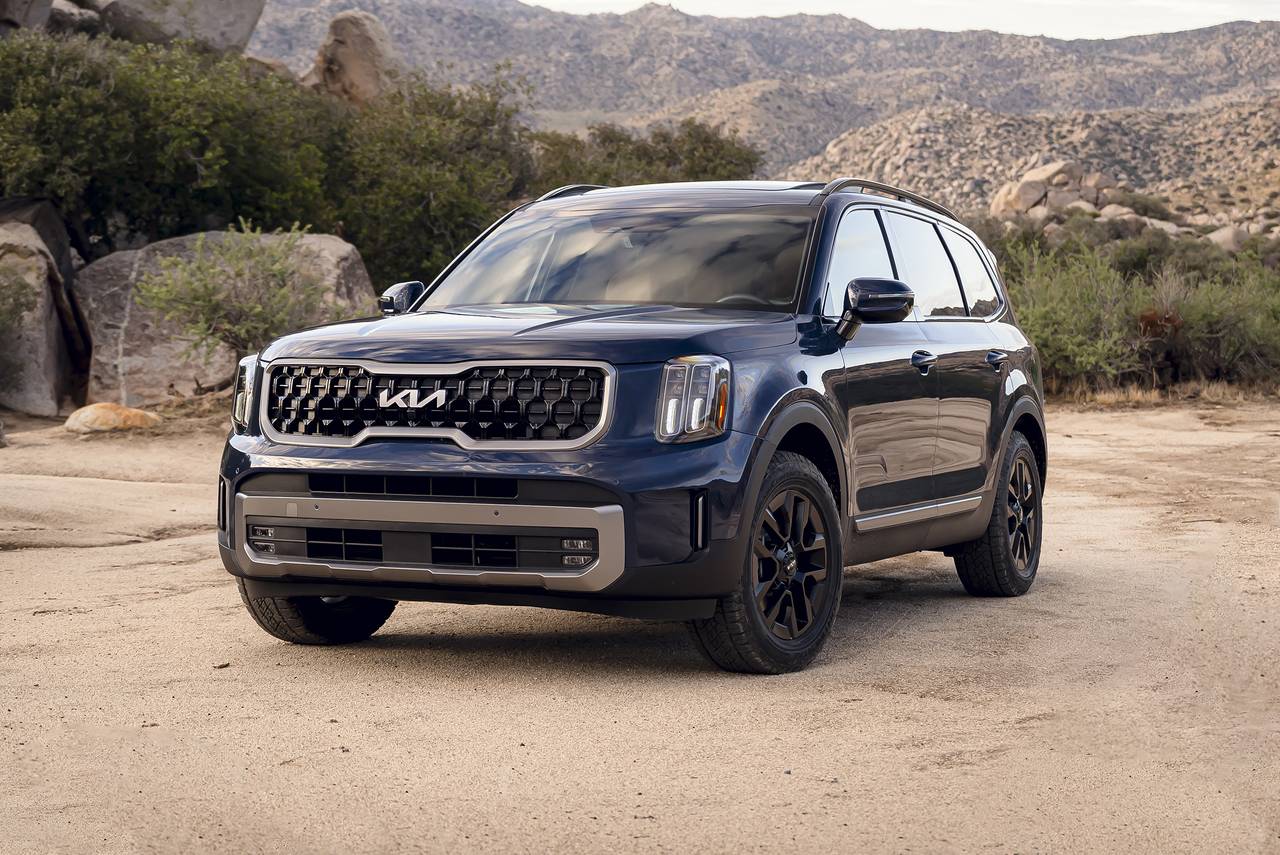
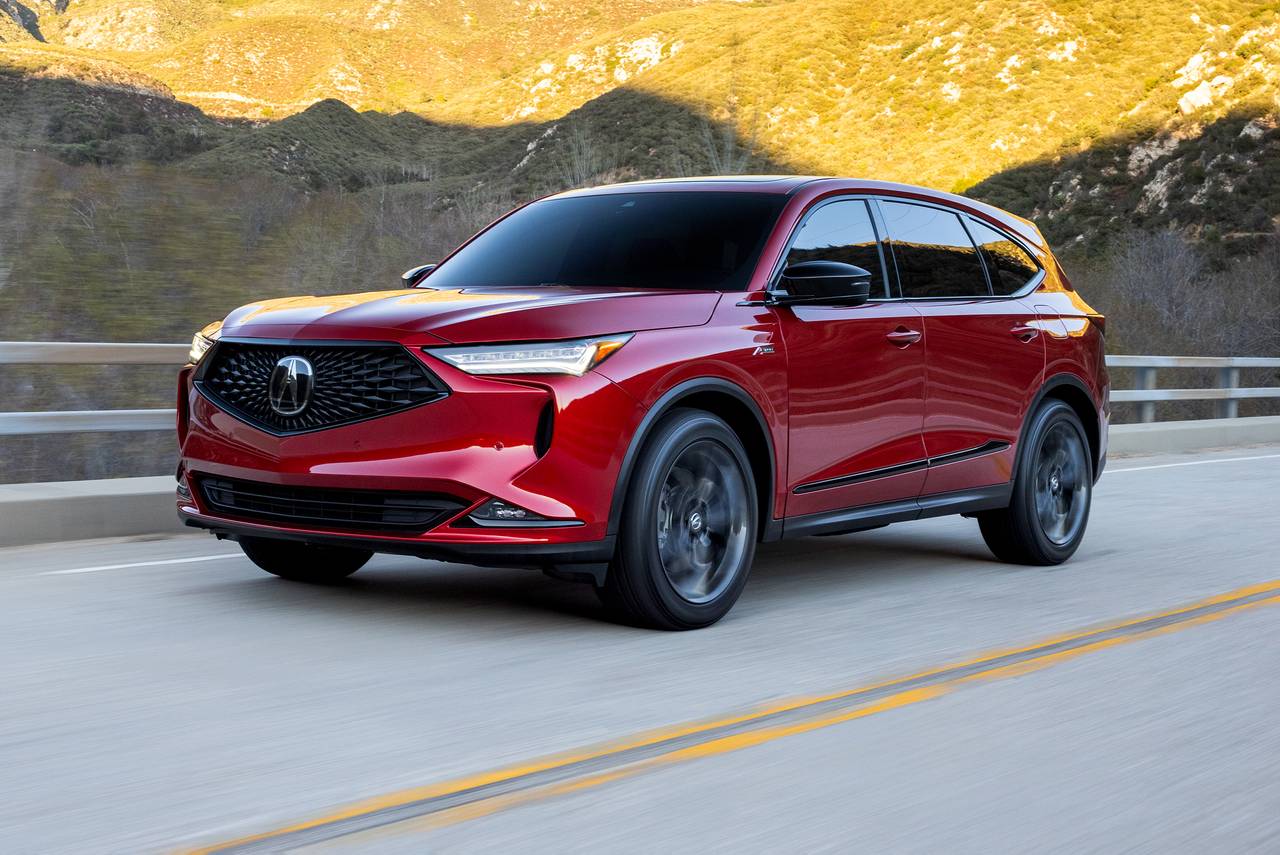
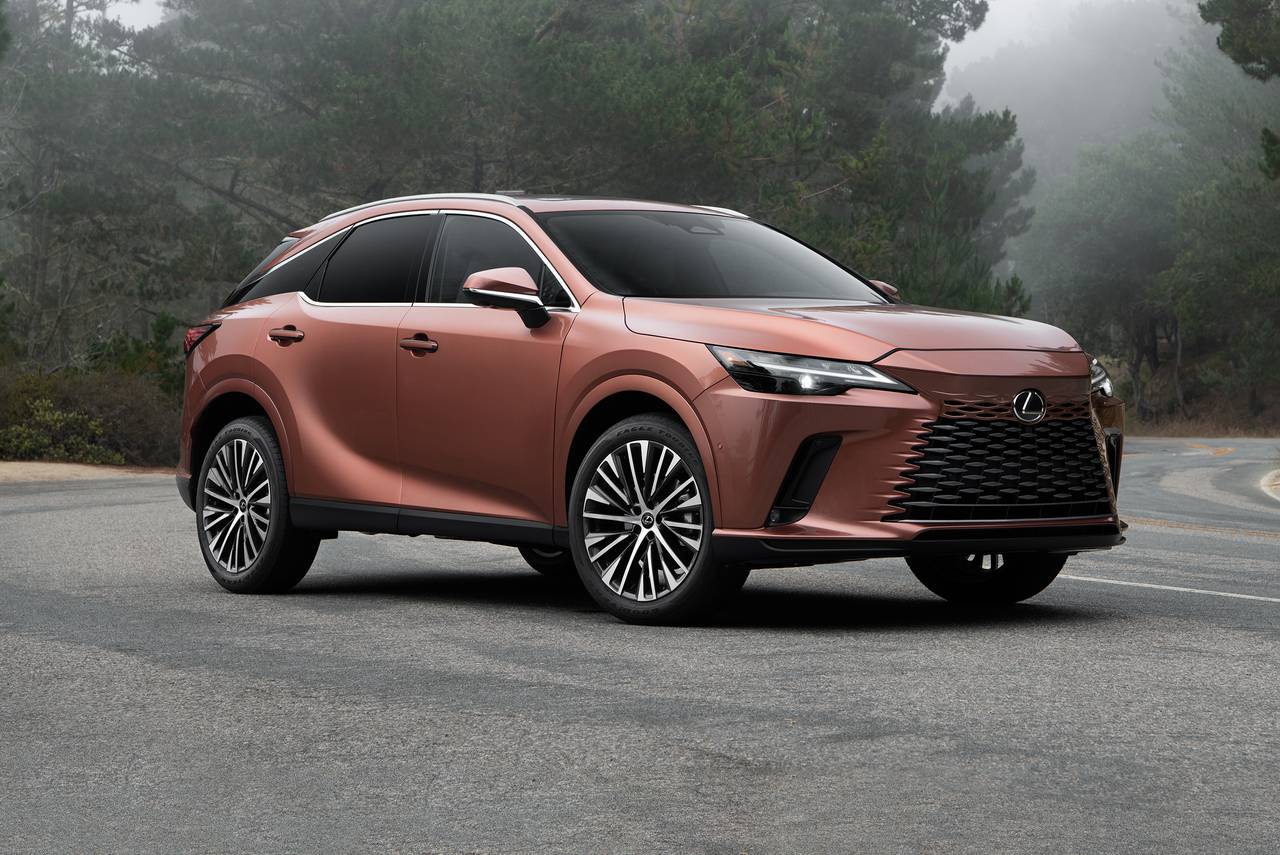
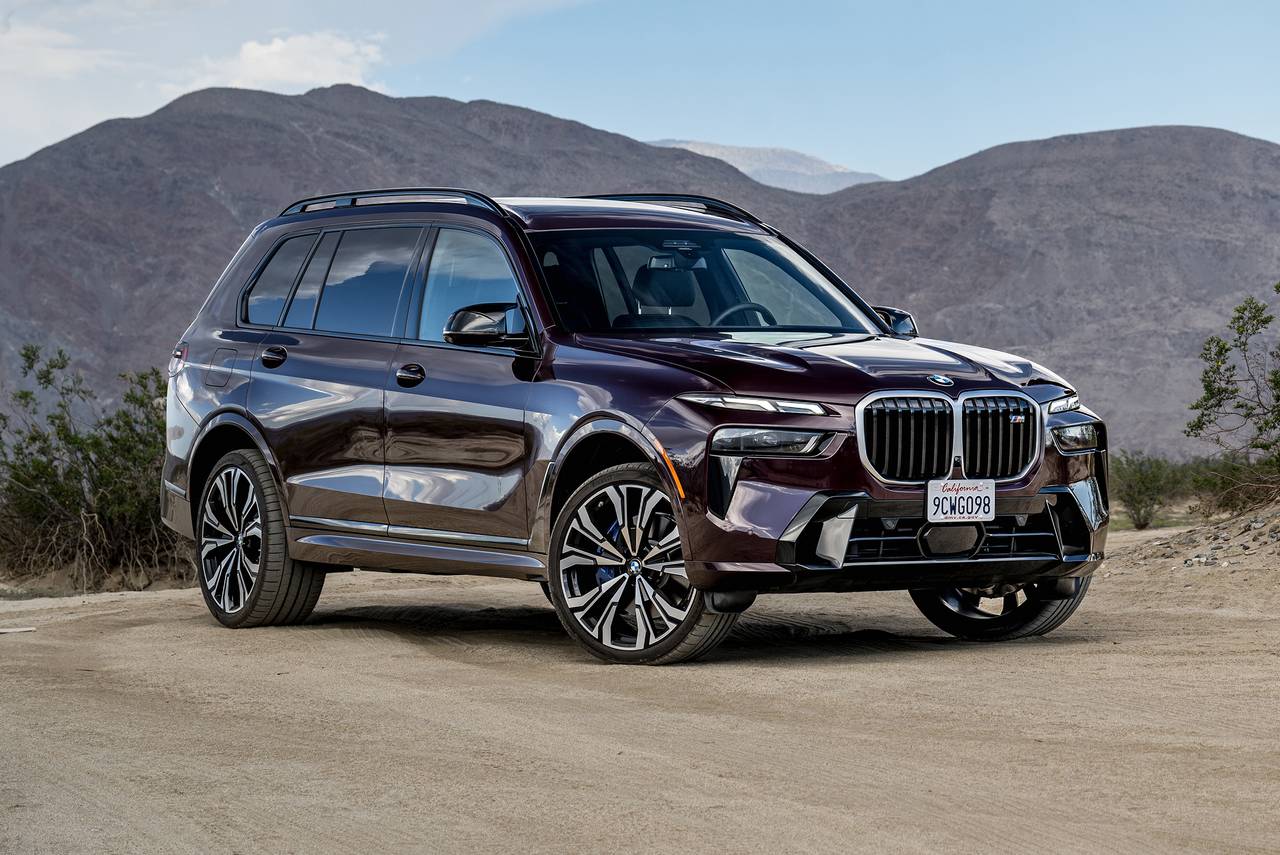
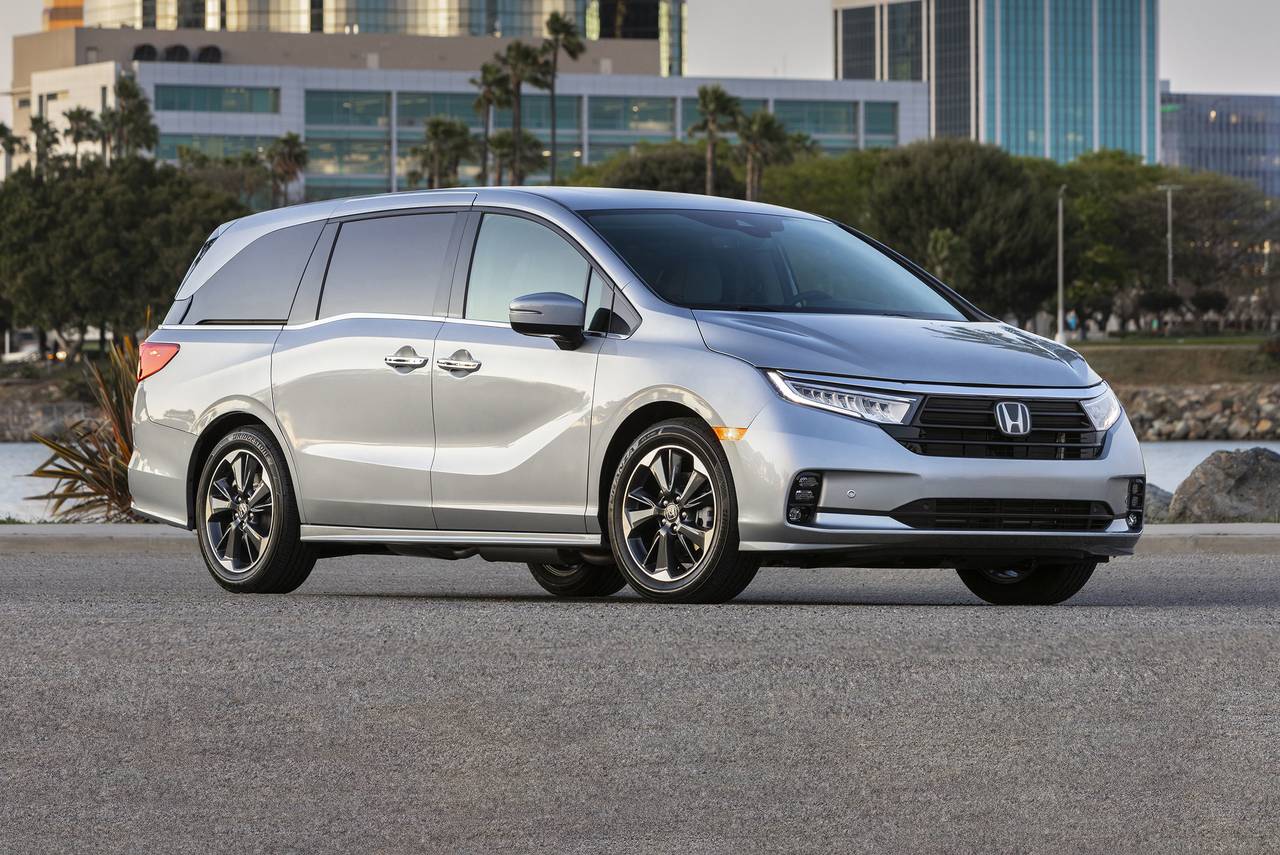
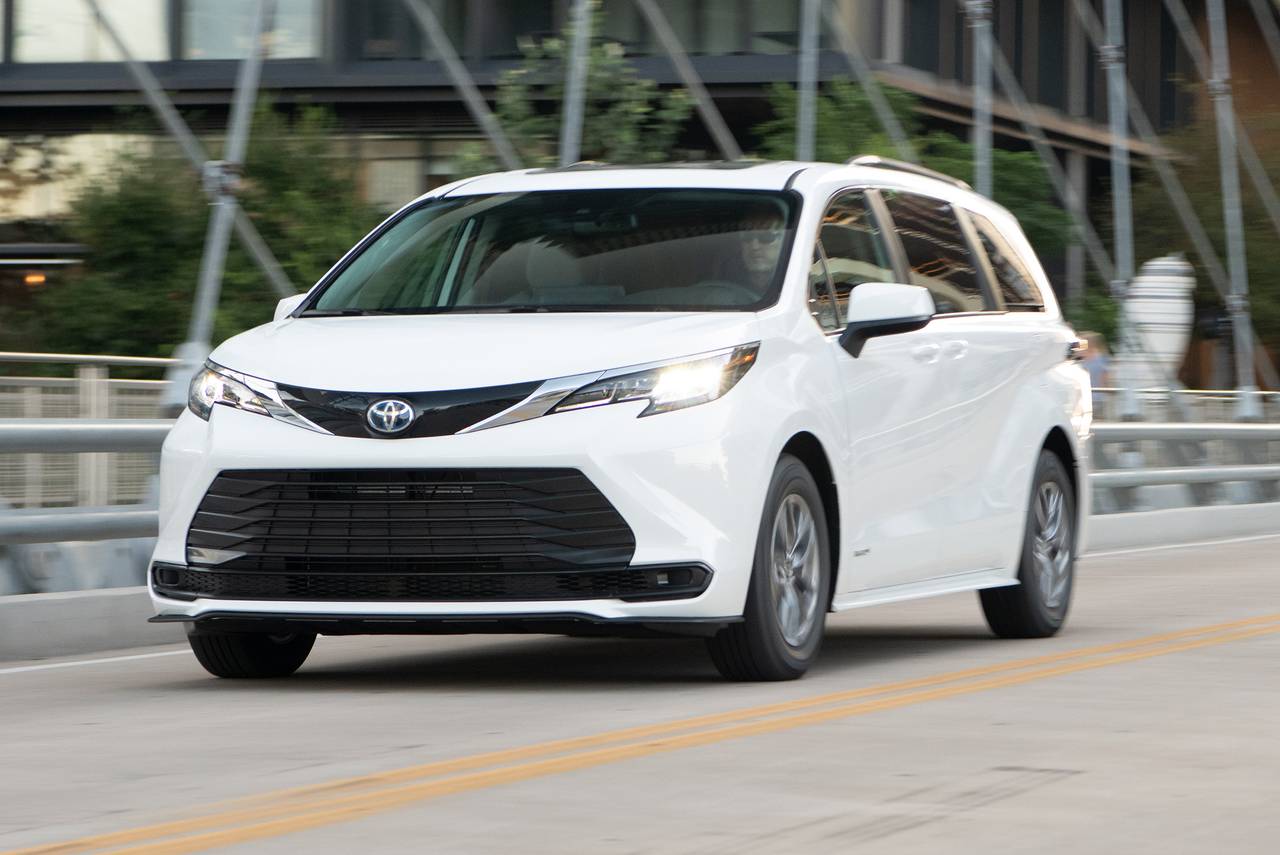
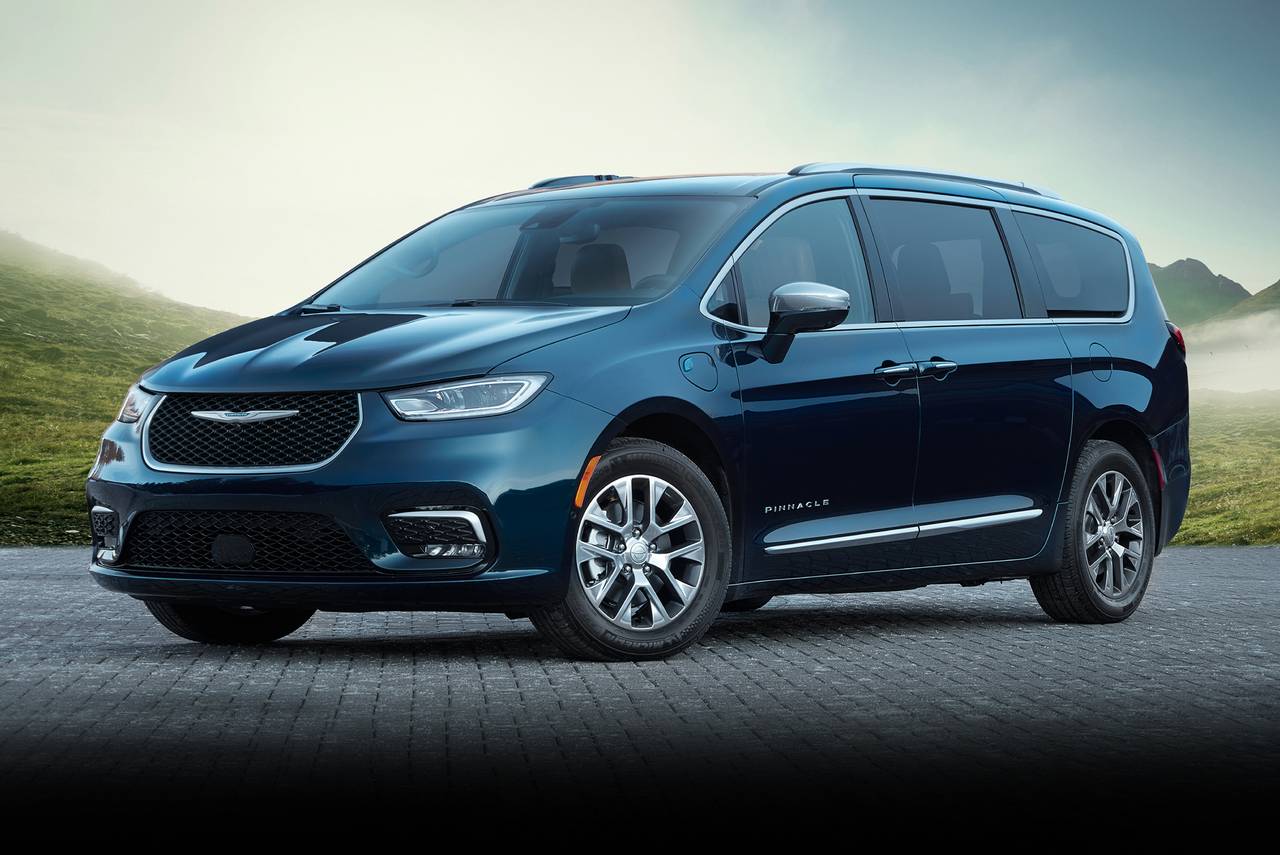
.jpg) by
by